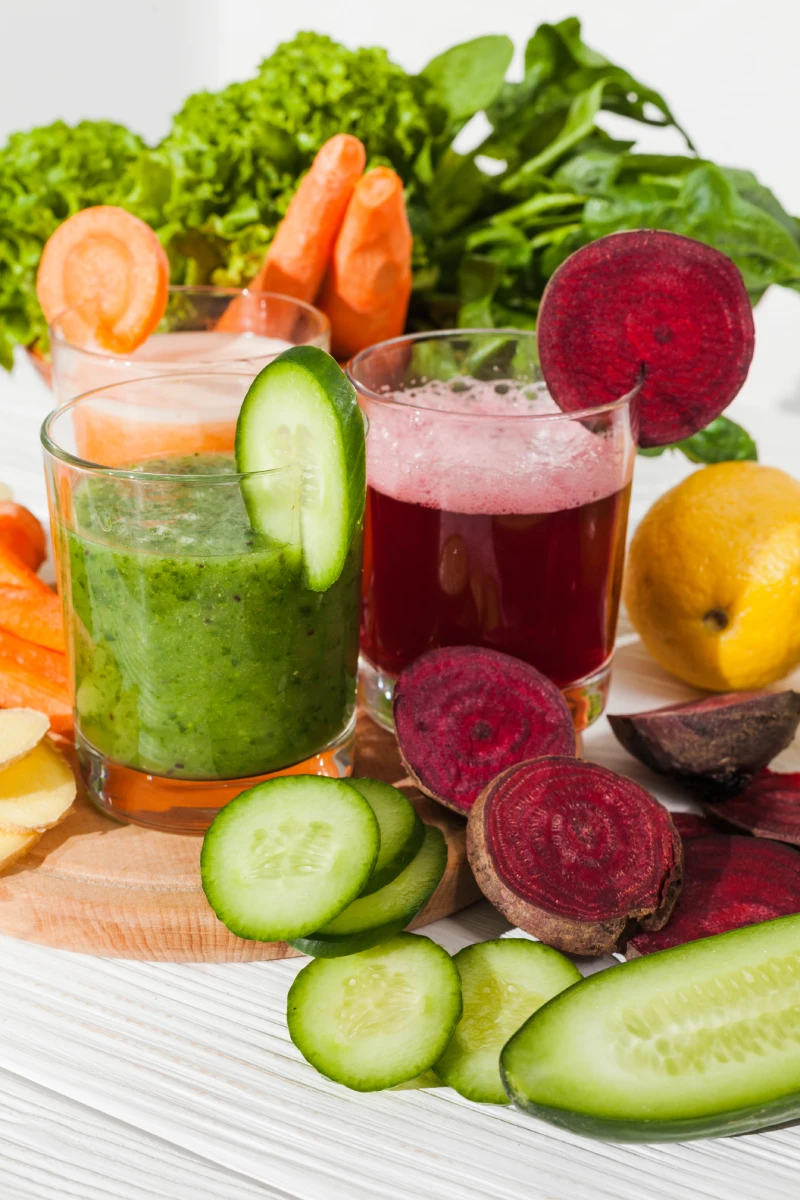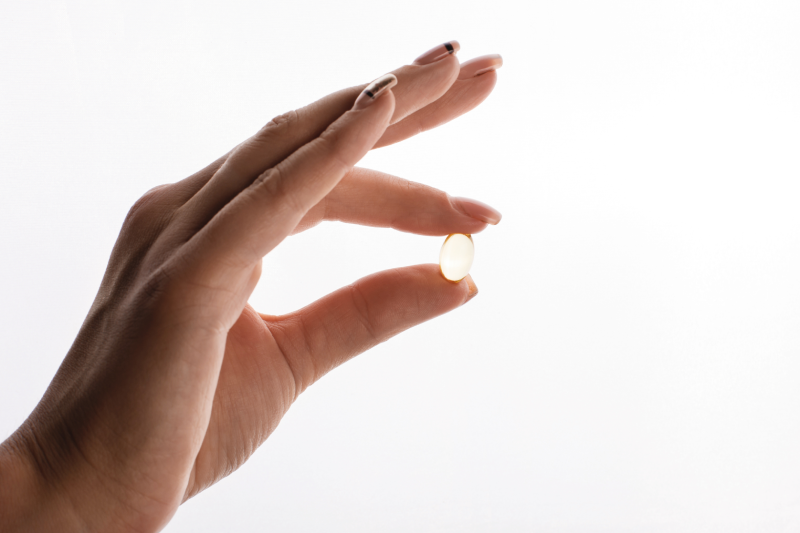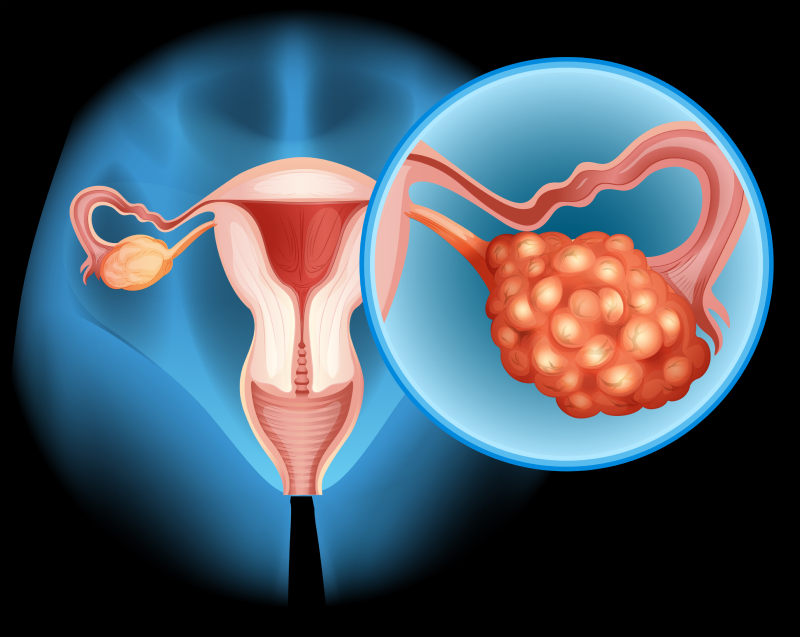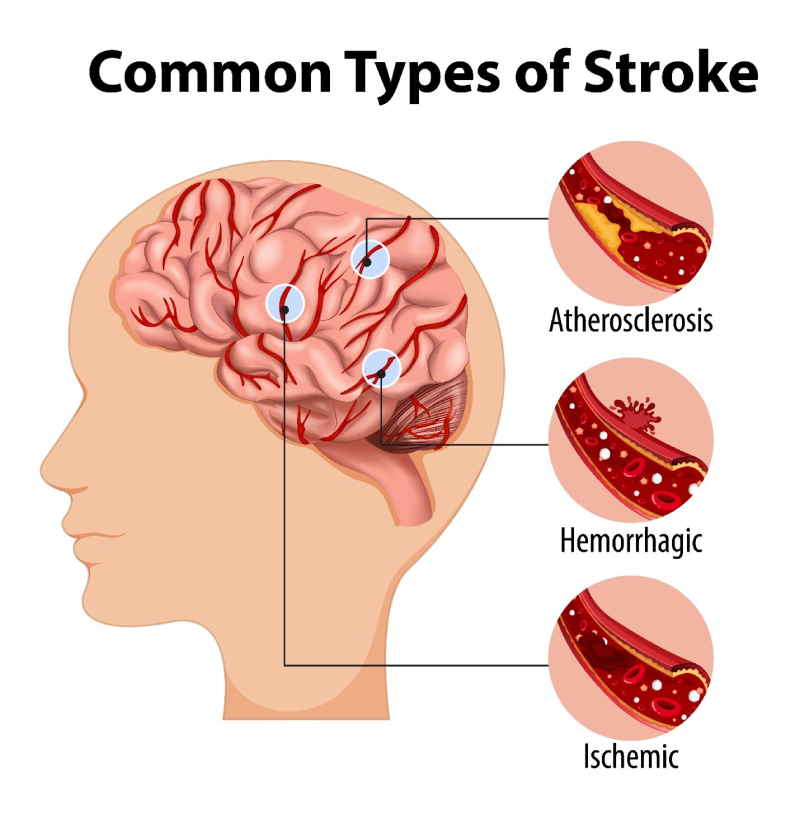10 habits that damage your kidneys

Livefit4ever,
Medically Reviewed by ,
December 06, 2023

Your lifestyle and your daily habits can silently and progressively damage your kidneys – yes, it is true! Many people don’t realize this until they reach a point where they encounter the real threat: “sudden manifestation of kidney disease.” If you are reading this piece of information, it is better to introspect whether your habits are taking you toward that potential threat.
10 habits that damage your kidneys
Surprisingly, these potentially damaging habits are quite natural to all of us. Most habits are quite stubborn too. Furthermore, we live quite naturally and normally with our habits throughout our lives without paying any attention whatsoever to them. The reason – we are unaware or ignorant or we don’t want to pay attention to our kidneys’ health as we usually do to protect our hearts. Let us delve more into the 10 common habits that damage your kidneys.
Excess Meat Intake
You need protein for growth, repair, and building of muscles. If you eat a balanced diet that includes vegetables and fruits, you will get your daily protein requirements. Meat contains a high amount of protein. If you eat excess animal protein, it generates excess acid in the blood and it may lead to a condition known as acidosis. Excess acid can harm your kidneys as they cannot eliminate it efficiently.
In addition, if you have weak kidneys, eating too much protein can overburden you. Talk to your nephrologist and let the doctor decide how much protein intake is good for you and which sources of protein are the best ones for you.
Eating Processed Foods
Excess sodium and phosphorus are not good for your kidney’s health. Processed foods are the rich source of sodium and phosphorus. Nephrologists advise people with kidney disease to limit or restrict both sodium and phosphorus in their diets. Even if you are healthy, you should not take excess sodium and phosphorus as they can potentially damage your kidneys and bones.
Overusing salt
Many people have the habit of using salt shakers to add taste and flavor to their foods. This is not a healthy habit. A diet high in sodium (salt) can increase blood pressure and harm your kidneys. If you have this habit, then alter it to your benefit – instead of using salt, use spices and herbs to garnish and flavor your foods. If you do it routinely, you will start avoiding salt.
Using Excess Sugar
Excess Sugar is not good for your kidneys.
Obesity is the mother of all illnesses – kidney disease is no exception. Excess sugar intake contributes to obesity. Excess body weight increases the risk of diabetes and high blood pressure – both these conditions are the major risk factors for kidney disease.
You may consider desserts as sweet but don’t consider drinks and other foodstuff sweet. Surprisingly white bread, breakfast cereals, soft drinks, and condiments are all the hidden sources of processed sugar – which may add up your sugar intake. It is better to check food labels and ingredients before buying packaged foods and select sugar-free options.
Even if you don’t have diabetes, don’t consume excess sugar to prevent obesity and diabetes. The irony with diabetes is that it develops gradually and progressively over time in a silent manner. Many people remain in a prediabetic state for years and then develop diabetes. Furthermore, in a majority of cases, diabetes remains asymptomatic and uncontrolled resulting in kidney damage. Excess blood sugar levels destroy the kidney’s filters (nephrons) and blood vessels. When this happens, kidneys no longer do their job effectively.
Painkillers Use
Overusing Painkillers can help you get relief from your nagging body pains and headaches at the expense of your kidneys’ health. In other words, if you are regularly using painkillers to get rid of your pain, you are potentially harming your kidneys. For those who have kidney disease, the damage is severe.
Inadequate Sleep
Your sleep-wake cycle regulates your kidney function. Your biological clock (circadian rhythm) helps in coordinating your kidney’s workload over 24 hours. Therefore, your sleep and sleeping habits are extremely important not only for your overall health but also for your kidney’s health.
New research in this direction is being carried out by Ciaran McMullan, MD, of Brigham and Women’s Hospital. Dr. McMullan is studying how sleep impacts the kidneys and whether more sleep and melatonin supplementation can improve kidney function.
https://www.kidney.org/professionals/studying-sleeps-impact-kidney-health
Not Drinking Enough Water
Drinking adequate or enough water is good for your kidneys as it flushes out harmful chemicals and toxins from the body. By drinking enough water, you can also avoid kidney stones from forming or flushing them out through urine when they are small. For healthy individuals drinking 2 to 3 liters of water per day is a healthy target. But, for those who have kidney problems or kidney failure, fluid intake is restricted.
Sedentary Lifestyle
An inactive or sedentary lifestyle is a risk factor for your kidney’s health. Sitting idly for a long time, and not involving in physical activities or exercise is not good for your health. It can impact your heart, metabolism, and endurance levels. Physical activity is associated with improved blood circulation and glucose metabolism, both important factors in kidney health.
Why Excess Alcohol is Not Good for Your Kidneys?
Excessive drinking or binge drinking can affect your kidney’s health and lead to sudden loss of kidney function (acute kidney failure). If it is not addressed in time, it can lead to lasting kidney damage. Regularly drinking alcohol in excess can slowly and progressively damage your kidneys and double the risk of chronic kidney disease. Those who regularly drink and smoke are up to five times more risk of developing chronic kidney disease than those who do not drink and smoke.
For those who drink excess alcohol, their kidneys work harder to filter alcohol. Over time kidneys become less efficient in filtering blood owing to changes in their function. Alcohol also impairs the regulation of fluids and electrolytes in the body. Alcohol also impacts the normal function of cells and other organs including kidneys. It also disrupts the hormones that control kidney function. Excess alcohol affects blood pressure and causes it to rise and leads to high blood pressure – which is a major risk factor for kidney disease. The simple way to prevent alcohol-induced kidney disease is to quit alcohol.
Smoking
Smoking can damage your kidneys. It causes narrowing of blood vessels increasing the risk of heart and kidney disease. Heavy smokers are at risk of chronic kidney disease, and kidney failure.
Let us take an oath to break these 10 habits that damage your kidneys from now onwards to thwart that potential future threat.






